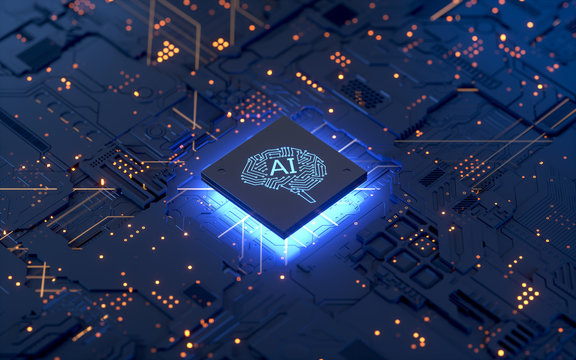Are you ready to discover the technologies that will shape the future of computing? From artificial intelligence to quantum computing, these game-changing technologies are set to revolutionize the way we live and work. Get ready to dive into the world of tomorrow with our list of the top 5 technologies to watch in the future of computing.
Welcome to our discussion on the future of computing! In this article, we will be exploring five game-changing technologies that are set to shape the way we live and work in the coming years. These technologies include artificial intelligence, quantum computing, the Internet of Things, blockchain, and edge computing. We will delve into each of these technologies in turn, exploring how they work and the potential impact they may have on society and the economy. Whether you are a tech enthusiast or simply curious about the future, this article is sure to provide insight and inspiration. So without further ado, let’s dive into the future of computing!
1. Artificial Intelligence (AI) – Ai refers to the development of computer systems that can perform tasks that normally require human-like intelligence, such as understanding language, recognizing patterns, and making decisions. AI has the potential to revolutionize a wide range of industries, from healthcare to transportation to finance.
2. Quantum Computing – Quantum Computing is a type of computer that uses quantum-mechanical phenomena, such as superposition and entanglement, to perform operations on data. They have the potential to perform certain tasks much faster than classical computers and could be used to solve problems that are currently intractable with classical computing.
3. The Internet of Things (IoT) – The IoT refers to the interconnected network of physical devices, vehicles, and other objects that are equipped with sensors and the ability to communicate with each other and with external systems. The IoT has the potential to transform industries by enabling the automation of processes and the collection and analysis of vast amounts of data.
4. Blockchain – A blockchain is a decentralized, distributed database that is used to record transactions across a network of computers. It is the technology behind cryptocurrencies such as Bitcoin, but it has applications beyond just finance, including supply chain management and voting systems.
5. Edge Computing – Edge computing refers to the processing of data at or near the source of data generation, rather than sending it to a central location for processing. This can improve the speed and efficiency of data processing, and is particularly useful for applications that require real-time analysis or require data to be processed in remote or hard-to-reach locations.
In conclusion, the future of computing looks bright, with many game-changing technologies on the horizon. Artificial intelligence, quantum computing, the Internet of Things, blockchain, and edge computing are all set to revolutionize the way we live and work in the coming years. These technologies have the potential to transform industries, solve complex problems, and improve the efficiency and speed of data processing. While the full extent of their impact is yet to be seen, one thing is clear: the future of computing is full of possibilities and exciting potential. So, it’s worth keeping an eye on these technologies and their developments as they continue to shape the world around us.



